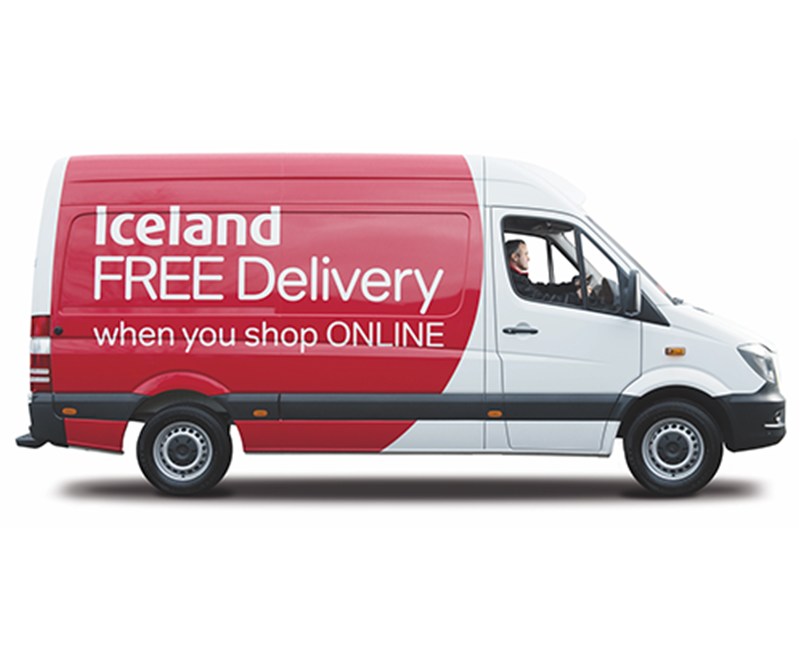Online shopping has experienced phenomenal growth in recent years, and EVs are increasingly playing their part in last-mile delivery. However, electric vans and trucks have so far been unable to provide a viable solution to chilled goods delivery fleets due to insufficient range and payload capabilities. Previous attempts relied on the vehicle’s traction batteries to power both the vehicle and the fridge unit. This meant either installing a bigger battery pack, which reduced payload, or reducing the number of miles the vehicle could travel on a single charge.
A new consortium of partners is aiming to tackle this issue, making EVs feasible for chilled goods delivery. Known as IDP12, the project features a combination of award-winning technologies and expertise aims to decouple the power requirements of the fridge unit and the drive train. It is targeting a significant improvement in the range, payload and performance of EVs used for chilled goods logistics.
Iceland Foods, which pioneered home shopping delivery, is adding a unique electric delivery vehicle in its fleet for trials. Paneltex, one of the first companies to provide all-electric trucks in the UK, is modifying one of its vehicles for the project. Scotland-based Sunamp is fitting its innovative cold storage technology to the vehicle; and Trakm8 is providing its unique EV optimisation algorithms. The fourth consortium member, the Low Carbon Vehicle Partnership (LowCVP), is involved in dissemination of project results.
Sarah Bee, Projects Director for Trakm8, said: “Fundamentally, our goal is to make electric vans and trucks a far more attractive option for chilled goods home delivery fleets.”
IDP12 is part of a £38 million initiative funded by the Office for Low Emission Vehicles (OLEV) and Innovate UK, the UK’s innovation agency.
Sunamp, the project’s lead partner, has inverted its leading-edge Heat Batteries to create a new cold storage technology that can maintain the required ambient temperature in the vehicle’s cargo area. The Sunamp system has a better power-to-weight ratio and is more efficient than using an EV’s traction batteries, helping to increase the vehicle’s payload capabilities by minimising the size of the lithium-ion battery pack required.
IDP12 builds on Sunamp’s breakthrough research and development of Heat Batteries, which was also part-funded by Innovate UK. These batteries are used for heating and air conditioning in electric cars and buses, where they help to extend the useful range of EVs.
Trakm8’s award-winning software optimises EV range by calculating factors such as route topography and scheduling deliveries of heavier loads at the beginning of the day. It will also plan the demo vehicle’s deliveries in accordance with Iceland’s two-hour customer time windows.
For this trial, Trakm8’s dynamic optimisation will include the capabilities to react to traffic congestion, factor in weather conditions, and – in case of emergency – schedule a top-up charge of either the traction batteries and cold storage Heat Batteries at the nearest available charging point.
Trakm8’s telematics will provide real-time data including monitoring the ambient temperature and battery state of charge. Trakm8’s algorithms are self-learning, meaning they will evolve and further improve their problem-solving abilities, as the trial progresses.
Andrew Bissell, CEO of Sunamp said: “The partnership’s combined technology has the potential to be a genuine game-changer. If it proves as successful as we expect, it will have far-reaching applications in refrigerated vehicles and beyond.”
IPD12 is one of several projects in which Trakm8 is involved.


